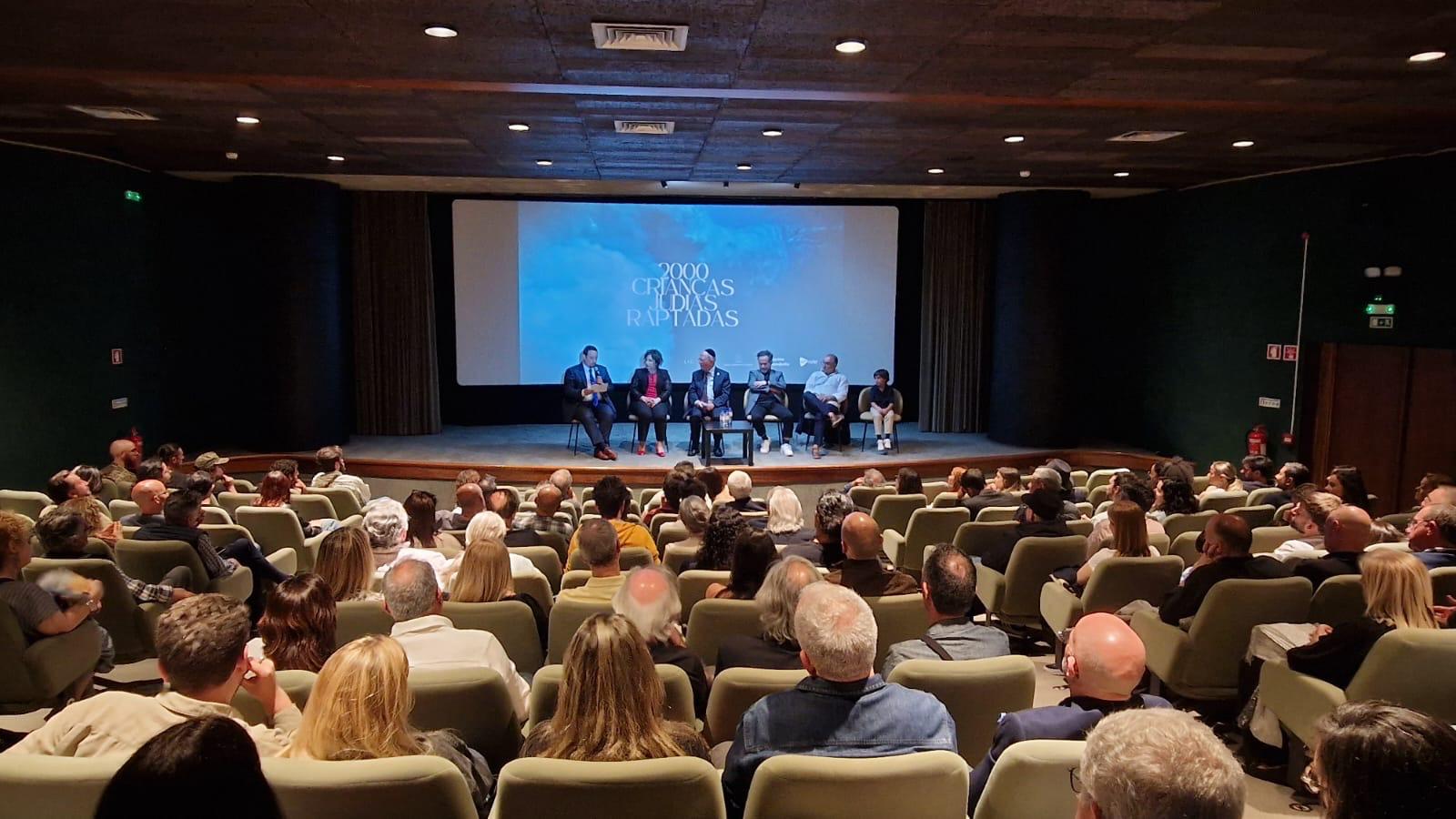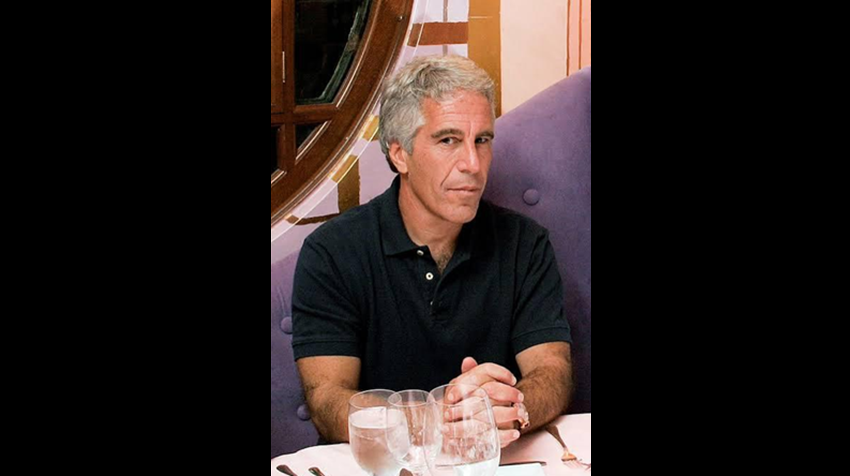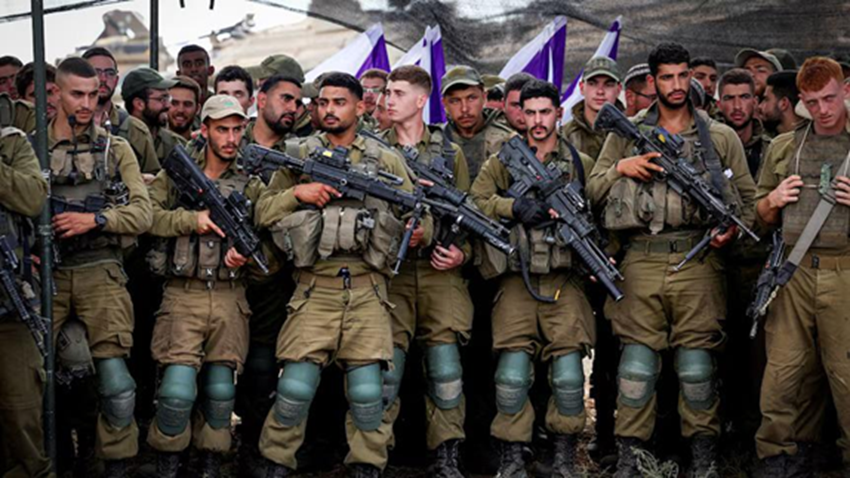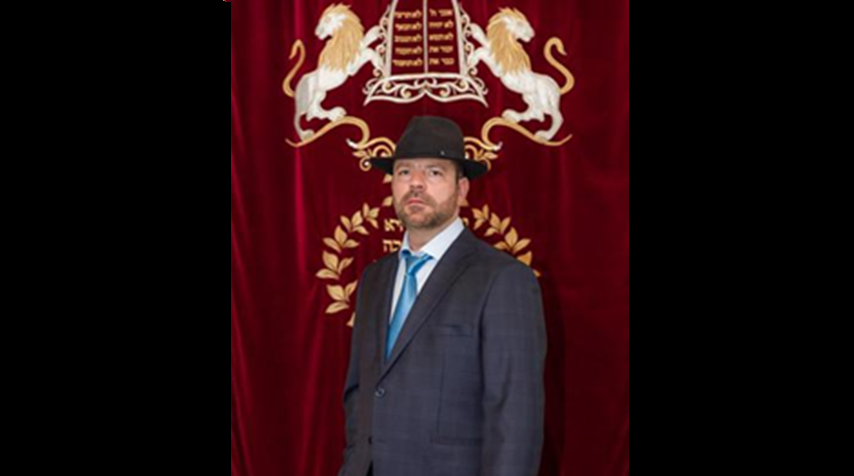Yesterday, at the historic Trindade cinema in the city of Oporto, before of an audience of two hundred guests, there was a premiere event for the film "The 2000 Kidnapped Jewish Children", which was produced in partnership by the Jewish Community of Oporto and the Hispanic Jewish Foundation based in Madrid, the Iberian organizations that have stood out most in promoting Jewish culture and history in Sefarad.
That large number of Jewish children whose families had been expelled from Spain the previous year met a cruel fate. They were used by the Portuguese king to populate the then wild island of São Tomé, which was more than 7000 km from Lisbon. This terrible historical event, recorded at the time by Portuguese chroniclers and Jewish writers such as Isaac Abravanel, Samuel Usque, and Shlomo ibn Verga, has now been immortalized and made more easily accessible to the general public, through the film now released and available for free viewing on YouTube. The events of 1493 are largely unknown to the general public and are not included or even mentioned in school curricula.
After the screening of the 30-minute documentary film, to which the audience reacted with a huge round of applause for its quality and moving content, a debate began, led and moderated by Michael Rothwell, director of the Jewish and Holocaust museums in Oporto. Present at the debate were not only representatives of the entities that produced the film and the Israeli embassy in Portugal, but also a historian and the film's director.
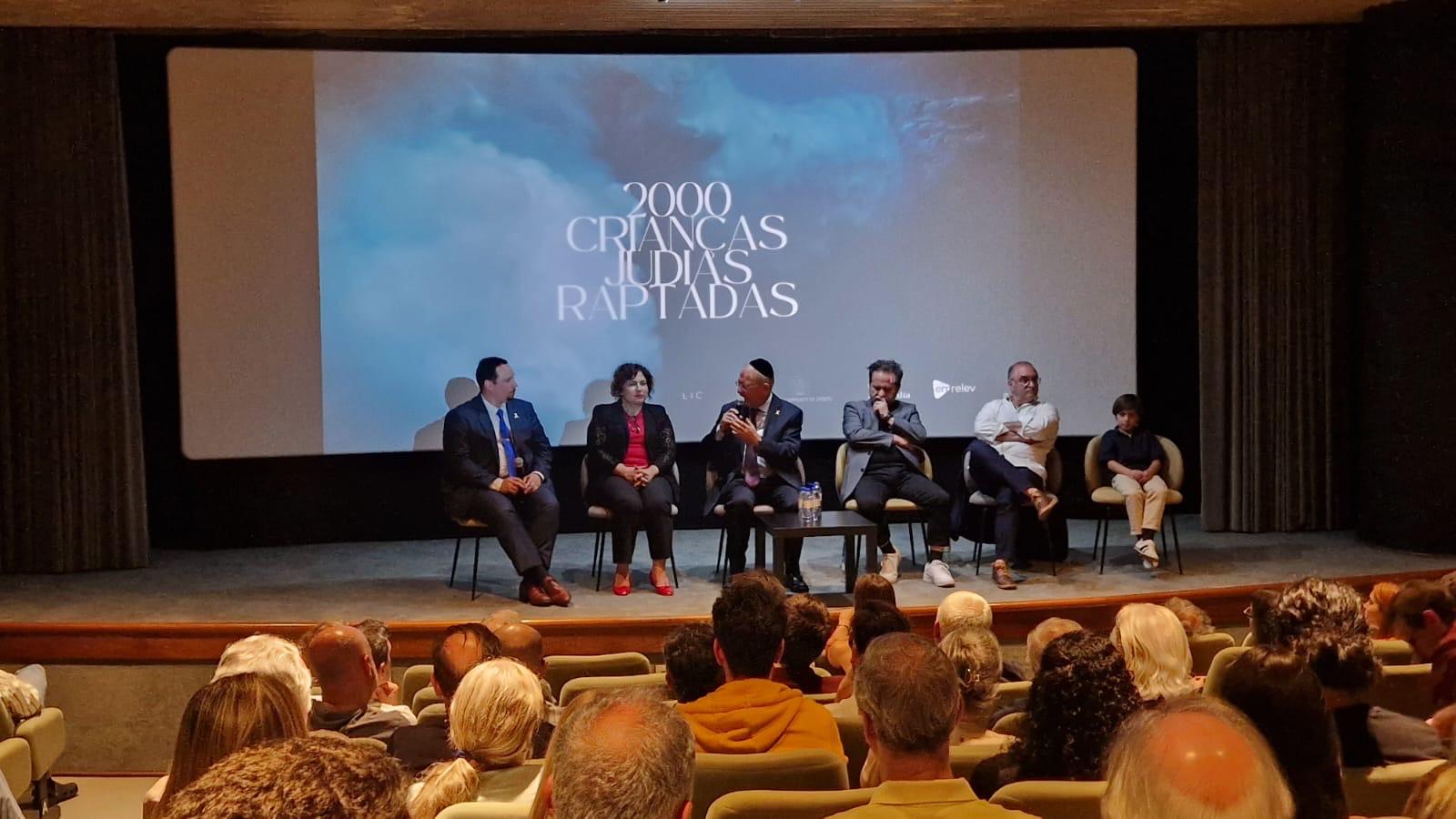
At the opening of the debate, Michael Rothwell , representing the Jewish community of Oporto, recalled that "Portuguese and Spanish Jewish families have always been mixed by marriage and surnames, by the commercial and cultural relations they have always maintained between themselves, by the same origins following the exodus forced by the Romans, by the simultaneous persecutions they suffered in the Iberian kingdoms, and later by the destinations they reached in the diaspora, which were exactly the same, in North Africa, in the former Ottoman Empire, in Europe and in many other places."
Rothwell recalled as examples that "Isaac Abravanel was from Portugal and travelled to Spain, Abraham Zacuto was from Spain but came to Portugal, the Gaon of Castile Isaac Aboab was buried in Oporto, many Portuguese Jews were punished by the Spanish Inquisition, many Spanish Jews were punished by the Portuguese Inquisition, numerous organizations called “Spanish and Portuguese Congregation” were founded around the world, and so on."
Frédérique Ohayon, international director of the Hispanic Jewish Foundation, highlighted how important this film production is for her organization, which has been committed to building the imposing Jewish Museum in Madrid. "Bringing the story of this documentary to light is part of our mission: to rescue, preserve, and share Jewish heritage in the Hispanic world, and to recover the traces of those who were silenced. Giving voice and visibility to these children is a vital part of that work," she said.
Ohyon, from a Sephardic family from Morocco, affirmed “the foundation's commitment to creating projects like this one – where memory is not treated as a relic of the past, but embraced as a key to building a more conscious and humane society, both for today and for the generations to come”.
Given the connections between the Portuguese and Spanish Jewish worlds, the Jewish community of Oporto and the Hispanic Jewish Foundation not only carried out this project but also have others in mind, to continue to disseminate Jewish history from the time of Roman Hispania to the present day.
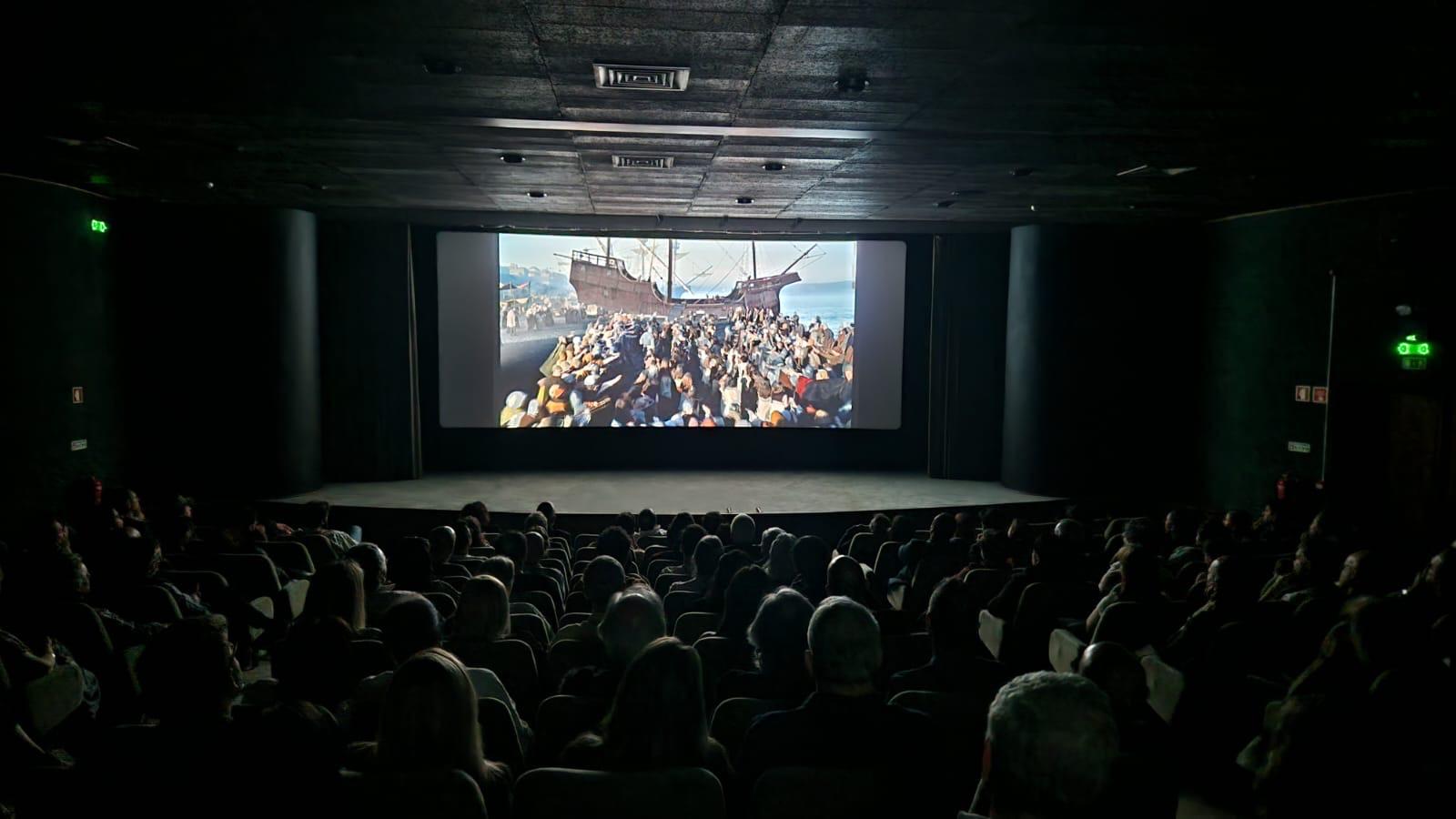
It was not easy to produce the film “2000 Kidnapped Jewish Children”, due to the numerous technical difficulties involved, particularly with the large animals that were used to portray the arrival of the Jews from Spain, with the adventures involved in filming so many scenes with hundreds of children, due to the lack of replicas of ships from that period that would allow us to show what the journey to São Tomé would have been like and, finally, due to the enormous distance to São Tomé, which meant that a film crew had to be sent to the island and Caucasian children had to be hired from the region.
All of this was mentioned throughout the debate by director Luís Ismael, who said that “Making this documentary was, without a doubt, the biggest challenge of my career. A production of a rare scale in Portuguese cinema, with hundreds of extras, many of them children, the partial construction of a 16th century ship and a meticulous historical recreation that required an immense technical, human and logistical effort.”
Ismael added that “More than a professional challenge, this film was a personal ordeal. As a father of three girls, it was deeply painful to put myself in the shoes of those parents from whom their children were torn away, taken so far away, never to return, without ever knowing if they died, survived, and how, and where. This part of our collective history, silenced for centuries, has become an intimate wound of our identity as a people. I have never felt so responsible and committed to the act of telling a real episode of national, European and world history.”
Michael Rothwell took the opportunity to thank Lightbox by director Luís Ismael, and Em Relevo by André Preguitzer, who have now produced six films about the history of Jews in Portugal, and who have interpreted very well, and very professionally, the effort we have made to promote the history of Jews in Portugal, in good times and bad.
Oporto historian César Santos Silva noted how impressed he was with the high quality of this cinematographic production and its importance for new generations to gain a deeper knowledge of the history of Portugal and the relevance of Sephardic Jews in the foundation and development of the nation founded by King Afonso Henriques. "The persecution of Jews was the most constant in the world because they stood out and worked hard, and it was easy to persecute Jews and present them as scapegoats ... today it is more difficult because Israel exists.”
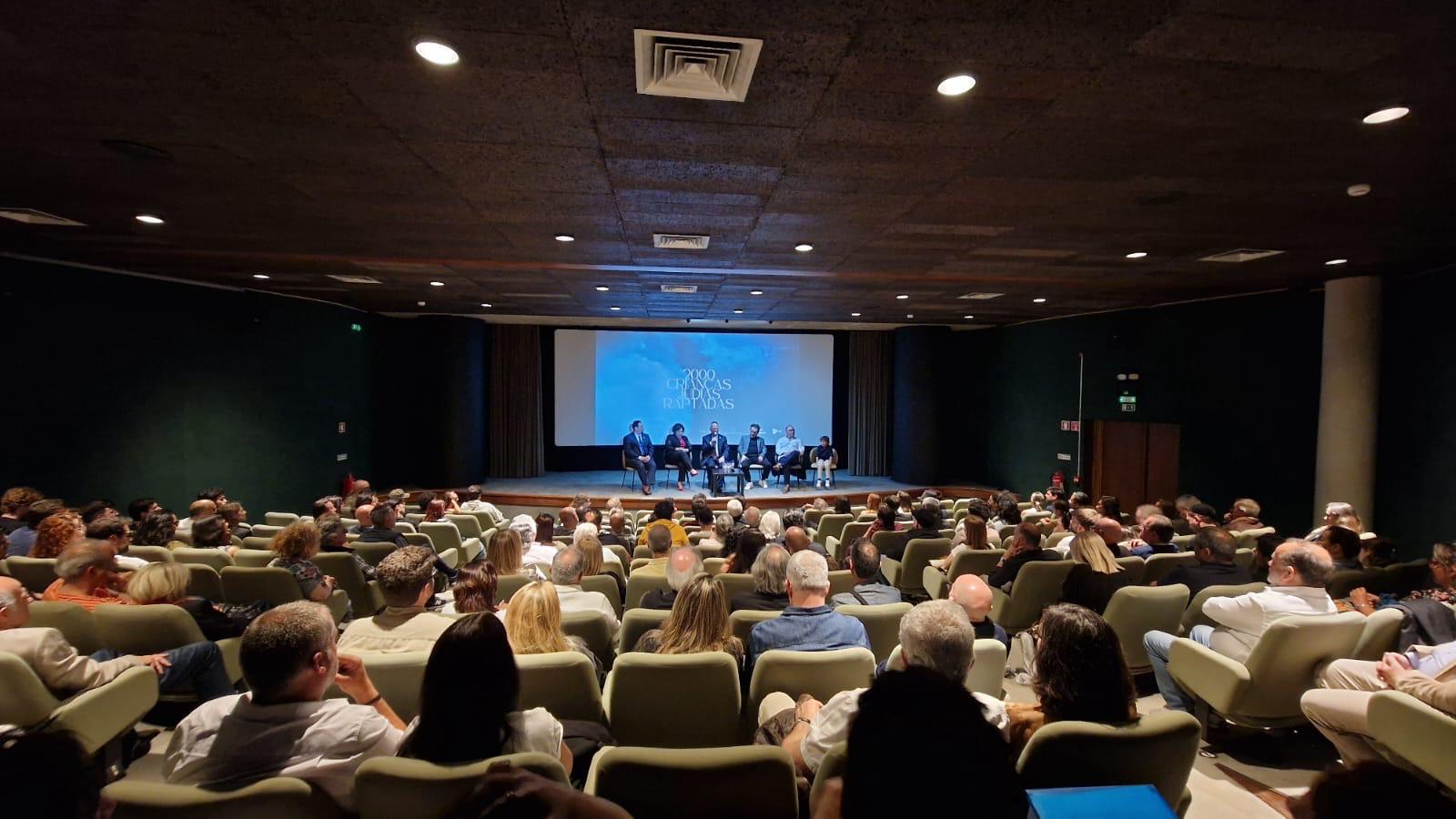
In turn, the chargé d'affaires of the Israeli embassy, Yotam Kreiman, gave a striking speech to the audience, in which he stated that “The story of the Jewish children kidnapped to São Tomé that we have just seen in this film, has a double importance. Even today, when we want to say, “abandon someone to their fate”, we say “throw the children to the animals”, in reference to the wild animals that existed on that inhospitable island. On the other hand, it is difficult not to see similarities between the hatred that exists today in Europe in particular and in the world in general, and what we witnessed five hundred years ago. Jewish children, babies, and adults, were kidnapped in 2023 and even today 58 hostages remain in captivity in Gaza."
During the debate, the real star was the young actor Rodrigo Costa, who played the role of Jacob in the film. Jacob is the face of the film, from the moment he arrived in Portugal as part of the exodus of Spanish Jews until the moment he walked alone on the island looking out over the endless ocean.
In his speech, Rodrigo began by explaining which scene had the most impact on him: "It was when I was held in the wagon car screaming for my mother" and then revealed the many friendships he made with the production team during the film. When everyone present thought the boy had said it all, he asked to say something more: "I am very sad. The film was not fiction, those facts really happened."































